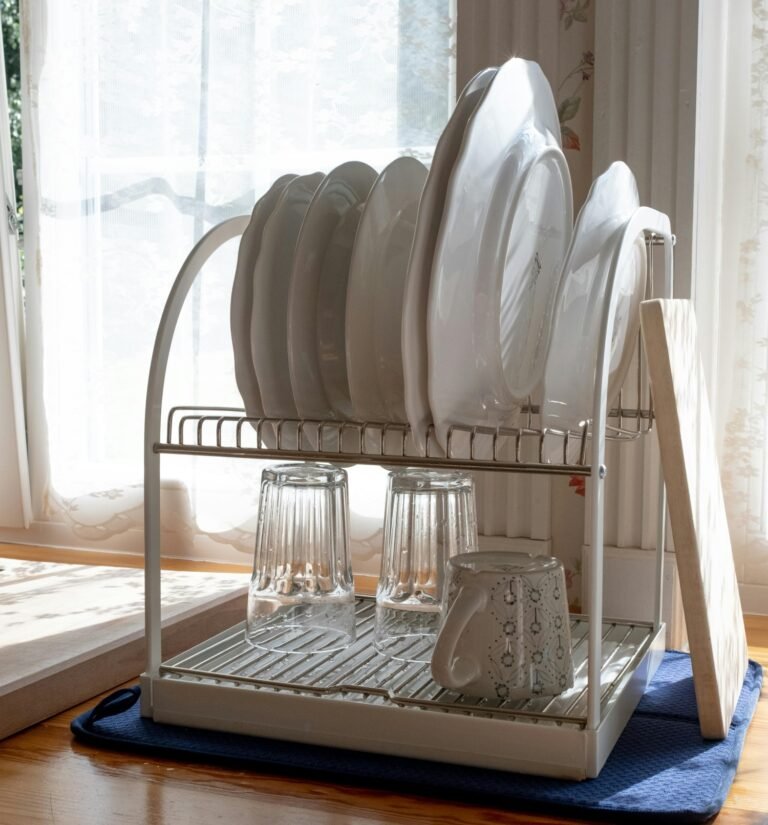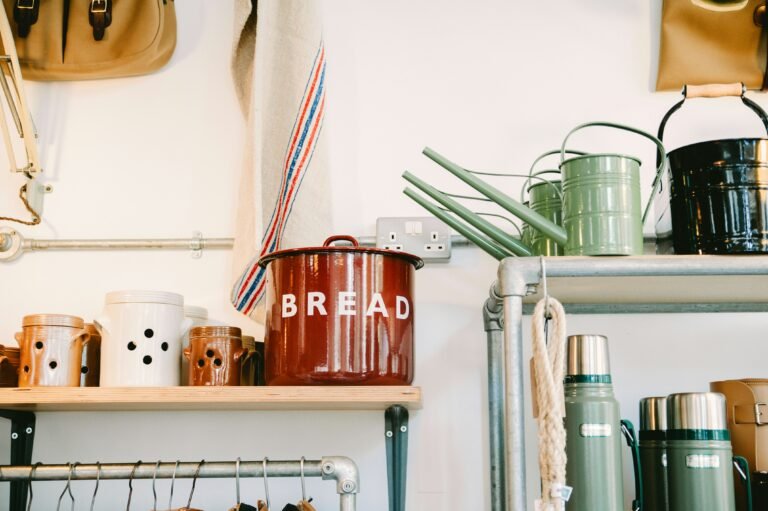Food Storage Containers: Keep Your Ingredients Fresh for Extended Use
Begin your food storage adventure today with easy tools that make your kitchen shine.
Discover the best food storage containers that keep your ingredients fresh and your space organized.
Today, keeping food fresh matters for both your health and busy life. According to experts at the Food Safety and Inspection Service, proper storage can reduce waste and protect nutrition.
Table of Contents
Choosing the right food storage containers can boost the life and taste of your meals. Use them for meal prep, leftovers, or pantry organization, and enjoy fresh, tasty food every day.
This article explains why food storage containers are important, shows their key features, compares types, and guides you on picking the best options. We also include usage tips and expert advice for the best results.
Understanding the Importance of Food Storage Containers
Food storage containers keep your ingredients safe and fresh. They help preserve nutrients and stop food from going bad.
- Freshness preservation: Airtight seals block air and moisture from spoiling food.
- Organization: Containers clear clutter so you can find ingredients fast.
- Waste reduction: Good storage extends food life to cut down waste.
Key Features and Capabilities of Food Storage Containers
Select containers that meet your needs. Consider the material and function of each option.
- Material: Choose plastic, glass, or stainless steel based on your needs.
- Size and shape: Pick sizes that fit your food and storage space.
- Special features: Look for microwave-safe, freezer-safe, and dishwasher-safe choices.
Comparing Different Types of Food Storage Containers
Different containers serve different tasks. Knowing your options helps you decide wisely.
| Feature/Type | Benefits | Best For | Considerations |
|---|---|---|---|
| Glass Containers | Non-toxic and microwave-safe | Leftovers and reheating | Heavier and breakable |
| Plastic Containers | Lightweight and versatile | Packed lunches and snacks | Choose BPA-free options |
| Stainless Steel | Durable and eco-friendly | Long-term storage | Not microwave-safe |
Guidance on Selecting and Purchasing Food Storage Containers
Think about the food you store and your space when you choose containers.
- List your storage needs by type and amount of food.
- Check material options to ensure they are safe and long lasting.
- Look for special features like airtight seals and stackability.
Usage and Implementation Details
Use food storage containers the right way for best freshness and space-saving.
- Label containers with dates to avoid wasted food.
- Stack containers neatly to save space in your fridge and pantry.
- Mix sizes for portion control and easy meal prep.
Care and Maintenance of Food Storage Containers
Take care of your containers to keep them safe and long lasting.
- Wash containers well after each use to stop odors and bacteria.
- Avoid harsh chemicals and abrasive sponges to keep them intact.
- Check seals often and replace lids if they become worn.
Expert Tips and Recommendations
- Buy high-quality, BPA-free containers for a safer kitchen.
- Choose a set with various sizes for more storage flexibility.
- Use glass containers for acidic foods to avoid chemical leaching.
- Purchase in bulk and keep food in airtight containers to save money and cut waste.
Common Questions About Food Storage Containers: Keep Your Ingredients Fresh for Extended Use
Find clear answers to your questions about food storage containers.
-
Q: Are glass containers better than plastic?
A: Glass is non-toxic and durable but heavier and breakable. Plastic is light and flexible but should be BPA-free. -
Q: How do I know if a container is airtight?
A: Look for a rubber or silicone seal that fits snugly. Some lids lock in freshness. -
Q: Can food storage containers go in the microwave?
A: Many are microwave-safe. Always check the instructions to avoid damage. -
Q: How can I prevent staining in plastic containers?
A: Use containers that resist stains or switch to glass for messy foods. -
Q: What is the best way to store dry goods?
A: Use airtight containers to block moisture and pests. Label them with the contents and date.
Conclusion
Food storage containers are key to keeping your ingredients fresh and safe. They help you reduce waste and save money.
Use the right container for your needs and follow these tips for the best results. Quality containers make your kitchen efficient and your food tastier.
Ready to upgrade your kitchen storage? Check out this essential set of Food Storage Containers to boost your food freshness.
As an Amazon Associate I earn from qualifying purchases.
Explore this topic: Storage
Last updated on August 7, 2025




